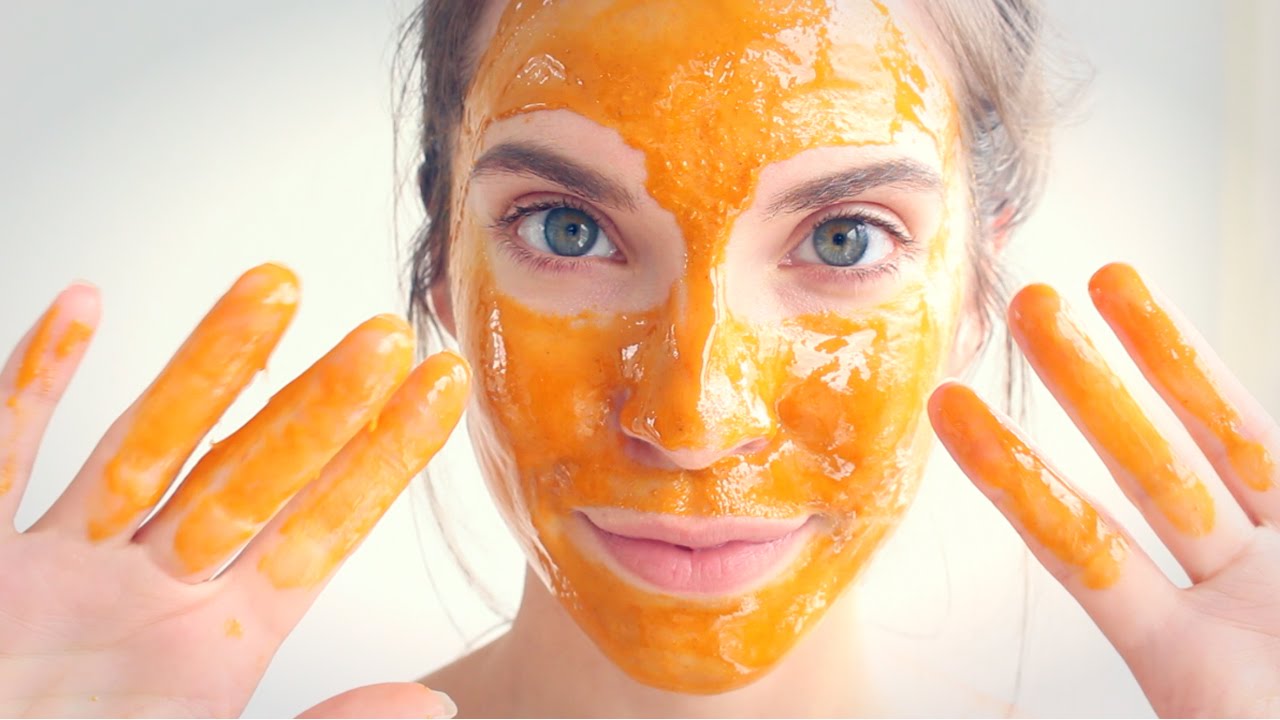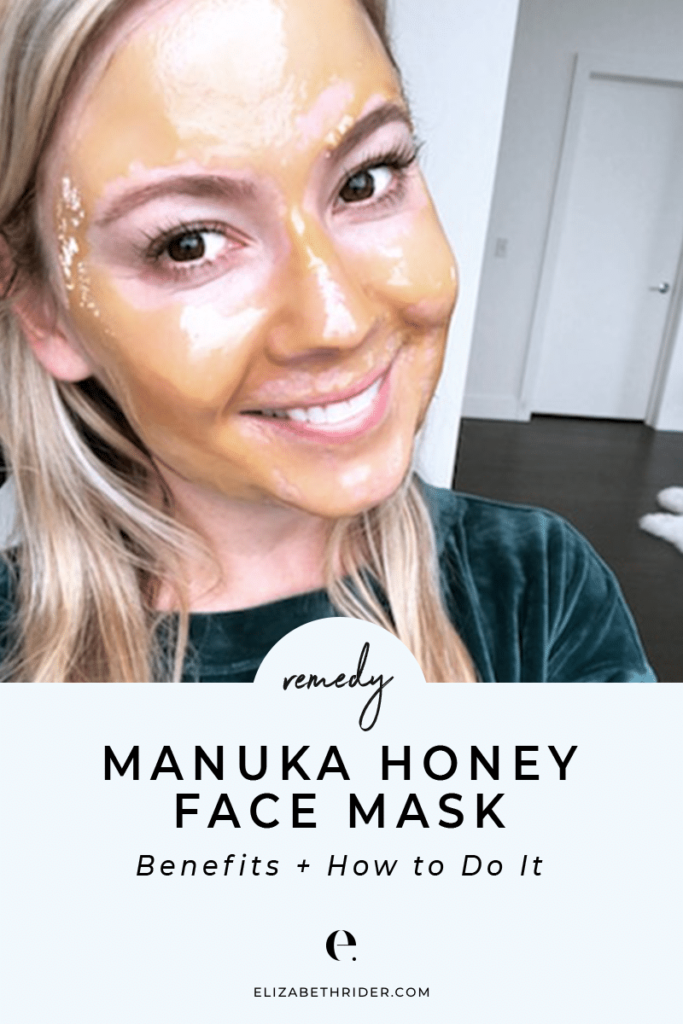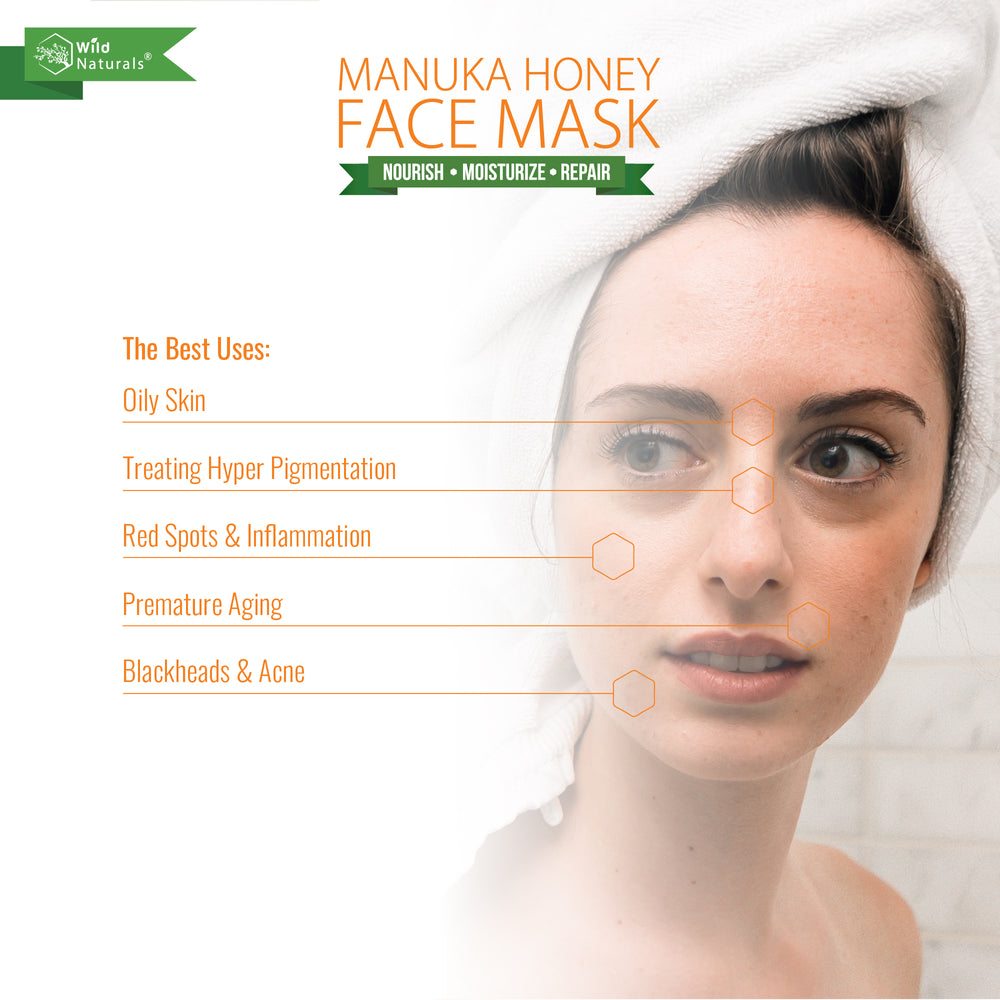
Are you looking to improve your skincare routine? Look no further than the incredible benefits of using a Manuka honey mask. This all-natural skincare remedy has been praised for its antibacterial and anti-inflammatory properties, making it the perfect solution for acne-prone skin. Not only does it help to unclog pores and reduce redness, but it also helps to hydrate and nourish the skin, leaving you with a radiant and healthy complexion. Discover the wonders of Manuka Honey for skincare and take your self-care game to a whole new level.
What is Manuka Honey?
Manuka honey is a type of honey that is produced in New Zealand and Australia from the nectar of the Manuka tree (Leptospermum scoparium). It is known for its unique properties and has gained popularity in recent years for its numerous benefits in skincare. Manuka honey is different from regular honey due to its high levels of certain compounds, such as methylglyoxal (MGO), which give it its distinctive qualities.
Origin and Production
Manuka honey is primarily produced in New Zealand, where the Manuka tree is native. The bees collect nectar from the blossoms of the Manuka tree and then convert it into honey through a natural process. The honey is carefully harvested and undergoes a specific filtration process to ensure its purity and quality.
The production of Manuka honey can be a time-consuming and intricate process. The nectar collected from the Manuka tree contains various enzymes that work together to create the unique properties of Manuka honey. These enzymes produce hydrogen peroxide, which gives the honey its antibacterial qualities. Additionally, the conversion of certain sugars in the nectar produces MGO, which is responsible for the honey’s high antibacterial activity.

Unique Properties
What sets Manuka honey apart from other types of honey is its unique properties. These properties stem from its high concentration of MGO, which is a compound that contributes to the honey’s antimicrobial activity. Manuka honey also contains antioxidants, amino acids, and minerals, all of which are beneficial for the skin.
The high levels of MGO in Manuka honey make it a potent antibacterial and antimicrobial agent. This means that it can help to destroy harmful bacteria on the skin, reducing the risk of infections and promoting overall skin health. In addition to its antimicrobial properties, Manuka honey also has anti-inflammatory effects, which can help to reduce redness and swelling on the skin.
Types of Manuka Honey
When purchasing Manuka honey, it’s essential to look for a product that has been independently tested and certified. The Unique Manuka Factor (UMF) is a grading system that indicates the level of antibacterial activity in Manuka honey. The higher the UMF rating, the stronger the antibacterial properties. Look for a UMF rating of 10 or higher for optimal benefits.
It’s also important to note that there are different types of Manuka honey available on the market. The most common types are UMF Manuka honey, which has been certified by the UMF Honey Association, and MGO Manuka honey, which measures the level of MGO in the honey. Both types offer similar benefits, so it’s a matter of personal preference when choosing between them.

Benefits for Skincare
Manuka honey has gained a reputation for its exceptional benefits in skincare. Whether you have dry, oily, sensitive, or problematic skin, incorporating a Manuka honey mask into your skincare routine can provide numerous benefits. Let’s explore some of the key advantages of using a Manuka honey mask for your skin.
Anti-inflammatory Properties
One of the standout benefits of Manuka honey is its anti-inflammatory properties. It can help to calm and soothe irritated skin, reducing redness, swelling, and discomfort. If you struggle with inflammatory conditions such as acne, eczema, or rosacea, incorporating a Manuka honey mask into your skincare routine can help to alleviate symptoms and promote a healthier complexion.
Antibacterial and Antimicrobial Properties
As mentioned earlier, Manuka honey is renowned for its potent antibacterial and antimicrobial properties. It can help to eliminate bacteria on the skin’s surface, making it particularly beneficial for those with acne-prone skin. Regular use of a Manuka honey mask can help to reduce the appearance of acne and blemishes and prevent future breakouts.
Moisturizing and Hydrating
Another significant benefit of using a Manuka honey mask is its moisturizing and hydrating effects. Manuka honey is a natural humectant, which means it attracts and retains moisture in the skin. This can help to hydrate dry and dehydrated skin, leaving it feeling smooth, soft, and supple. The moisturizing properties of Manuka honey can also help to improve the skin’s elasticity and reduce the appearance of fine lines and wrinkles.
Fights Acne and Blemishes
Acne is a common skin concern that can be frustrating and challenging to manage. However, Manuka honey can be a game-changer for those dealing with acne-prone skin. Its antibacterial properties can help to kill off the bacteria that cause acne, while its anti-inflammatory effects can reduce redness and swelling associated with breakouts. Applying a Manuka honey mask to your skin can help to unclog pores, minimize the appearance of blemishes, and promote clearer, healthier skin.
Promotes Wound Healing
If you have minor cuts, scrapes, or burns, applying Manuka honey to the affected area can promote faster healing. The honey’s antibacterial properties create an environment that is unfavorable for bacterial growth, helping to prevent infections. Manuka honey also creates a protective barrier over the wound, which can prevent further damage and promote the natural healing process.
Gentle Exfoliation
Exfoliating the skin is an essential step in any skincare routine, as it helps to remove dead skin cells and promote cell turnover. However, many exfoliating products on the market can be harsh and irritating, especially for those with sensitive skin. The enzymes present in Manuka honey provide a gentle exfoliating action, effectively removing dead skin cells and promoting a brighter complexion without causing irritation.
Reduces Signs of Aging
As we age, our skin naturally starts to show signs of aging, such as fine lines, wrinkles, and sagging. The antioxidants present in Manuka honey can help to combat the damaging effects of free radicals, which contribute to the aging process. Regular use of a Manuka honey mask can help to reduce the appearance of fine lines, promote collagen production, and improve the overall texture and firmness of the skin.
Soothes Irritated Skin
Whether you’re dealing with a sunburn, insect bite, or rash, Manuka honey can provide soothing relief. Its anti-inflammatory properties help to calm and soothe irritated skin, reducing redness, itching, and discomfort. Applying a Manuka honey mask as a spot treatment can target specific areas of irritation and promote faster healing.
Brightens and Illuminates
Dull skin can make you appear tired and lackluster. If you’re looking to achieve a brighter, more radiant complexion, incorporating a Manuka honey mask into your skincare routine is a great option. The enzymes and antioxidants in Manuka honey can help to exfoliate dead skin cells, promote cell turnover, and reveal a brighter, more illuminated complexion.
Suitable for All Skin Types
One of the best things about Manuka honey is its versatility. It is suitable for all skin types, from dry and sensitive to oily and acne-prone. Its gentle yet effective nature makes it a safe and effective option for anyone looking to improve their skin’s health and appearance. However, if you have specific skin concerns or sensitivities, it’s always best to patch test the honey before applying it to your entire face.
How to Use a Manuka Honey Mask
Using a Manuka honey mask is a straightforward process that can be easily incorporated into your skincare routine. Here’s a step-by-step guide on how to use a Manuka honey mask effectively.
Choosing the Right Mask
When selecting a Manuka honey mask, it’s important to look for a product that is pure and unadulterated. Avoid masks that contain added ingredients, such as preservatives or fragrances, as these can potentially irritate the skin. Look for a mask that has a high UMF or MGO rating to ensure optimal antibacterial activity.
Preparation and Application
Before applying the Manuka honey mask, cleanse your face with a gentle cleanser to remove any dirt, oil, or makeup. Pat your skin dry, leaving it slightly damp to enhance the absorption of the honey. Take a small amount of the Manuka honey mask and warm it between your fingertips. Gently apply the honey to your face, using circular motions to massage it into your skin. Leave the mask on for 10-15 minutes to allow the honey to work its magic.
Frequency of Use
The frequency of using a Manuka honey mask will depend on your skin type and individual needs. For those with dry or sensitive skin, using a Manuka honey mask 1-2 times a week should be sufficient. If you have oily or acne-prone skin, you may benefit from using a Manuka honey mask 2-3 times a week. It’s essential to listen to your skin and adjust the frequency accordingly to avoid over-exfoliating or drying out your skin.

Precautions and Side Effects
While Manuka honey is generally safe to use, there are a few precautions and potential side effects to be aware of.
Allergic Reactions
Although rare, some individuals may be allergic to honey or other bee products. If you have a known allergy to honey or bees, it’s best to avoid using Manuka honey on your skin. Perform a patch test before using a Manuka honey mask for the first time by applying a small amount to a small area of your skin. Wait 24 hours to check for any adverse reactions such as redness, itching, or swelling.
Not for Internal Consumption
While Manuka honey can be consumed for its health benefits, it is important to note that the honey used in skincare should not be ingested. The honey used in skincare products is not intended for internal use and may contain additional ingredients that are not safe for ingestion.
Avoid Eye Area
When applying a Manuka honey mask, be cautious to avoid the eye area. The sticky consistency of the honey can make it difficult to remove from the delicate eye area and may cause discomfort.
Conclusion
In conclusion, Manuka honey is a remarkable ingredient that offers numerous benefits for skincare. Its unique properties, including its antibacterial, anti-inflammatory, and moisturizing effects, make it a versatile and effective option for all skin types. From fighting acne and blemishes to promoting wound healing and reducing signs of aging, incorporating a Manuka honey mask into your skincare routine can help you achieve healthier, more radiant skin. Remember to choose a certified Manuka honey product, follow the proper application guidelines, and be mindful of any potential allergies or sensitivities. So go ahead, indulge in the natural goodness of Manuka honey, and experience the transformative power it can have on your skin.
